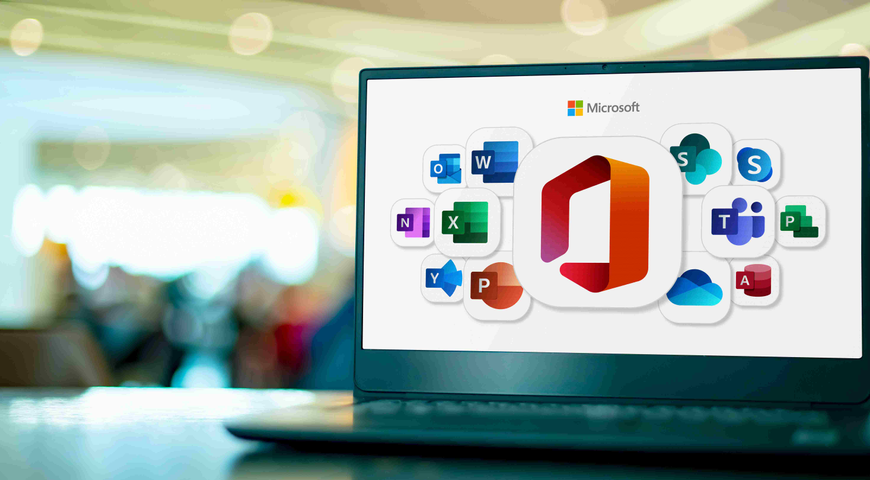
Small businesses and global enterprises alike are discovering the advantages that cloud services offer. Companies can use cloud backup to secure all of their systems and data off-site, where they are insulated from causes of data loss like hardware failures or natural disasters. Plus, if you need to move your business, your cloud-based data easily comes with you. In addition to agility and convenience, it’s possible to save money on IT infrastructure, staffing and utilities alike. Data security is an additional key benefit that comes with cloud services – at least it should.
Assessing cloud storage security
Perhaps you are looking to avert a disaster, such as avoiding the ransomware attacks that are expected to hit businesses every 14 seconds by 2019. Or you may be trying to comply with industry or governmental regulations, like the European Union’s new General Data Protection Regulation (GDPR), which takes effect in May. Whatever the reason, determining the security offered by a cloud service provider has to be a priority for businesses. Let’s take a look at the technologies and certifications that are essential for ensuring your data is safe in the cloud.
The power of encryption
When it comes to protecting your data in the cloud, we can paraphrase an old adage: “Security begins at home.” Keeping your data safe at the source and while in transit to the cloud is critical to ensuring that it will be secure off-site. Fortunately, encrypting your data when it is backed up protects your files and makes it impossible for someone to access and misuse the information. Encryption uses an algorithm to translate the data into a unique, irregular format. When files are recovered, they can only be unscrambled with a key that is unique to you.
The best approach is to encrypt backup files at every stage: while it is stored locally, transmitted, and resting in the cloud.
Fun Fact: With Acronis, you control your data’s level of security via encryption protocols you determine.
The devil is in the details
As you might expect, there are levels of encryption, with some being more secure than others. When it comes to public cloud services, you want to be sure your provider is taking every precaution to ensure data security.
Acronis employs the Advanced Encryption Standard-256 (AES-256) algorithm. The “256” means the encryption key length is 256 bits, as opposed to other keys that are 128 and 192 bits long. AES-256 meets the standard required by the U.S. government to encrypt data that is classified “Top Secret”.
Indeed, AES-256 is the highest encryption level available, balancing the need for security and speed of cryptography. Because Acronis’ solutions encrypt your data at the source, in transit, and while stored in the cloud, you can rest easy knowing your data cannot be touched.
Protecting the channel
Whether you’re making an online purchase with your credit card or sending your backup files to the cloud, your data is in motion. While it’s on the move, you’ll want to send it along the safest route. An SSL Certificate (Secure Sockets Layer) is a digital certificate that authenticates a website and creates an encrypted link between the site and a user’s internet browser. This technology ensures that any confidential data shared between the user and the site is transferred along a secure channel.
Acronis uses the 2048-bit SSL channel encryption (among the strongest available), to protect the data and alleviate any concerns that your files could be at risk while in transit.
Certified data centers
Encryption and SSL protocols are necessary to keep hackers from intercepting and accessing your data, but there are other risks to keep in mind. For example, how secure are the data centers where your cloud service provider is keeping your off-site data? Cloud providers use networks of servers that live in data centers, the off-site locations where your data is stored until you need to access it again. Data centers need to be locked down with the ultimate security protocols to keep bad actors from infiltrating and stealing your valuable data.
Acronis works from the ground up to secure each of its data centers around the world. High fences, 24/7/365 security personnel, and video surveillance are just the beginning. To get anywhere near the servers, personnel must pass biometric scans as well as proximity key card access ... and we don’t stop there.
Keeping the lights on
It’s one thing if an airport goes dark and inconveniences travelers during a power outage, but what would happen to your business if that happened to the data center where your data was stored? Precautions must be taken so that data centers remain up and running – no matter what.
Acronis takes this challenge seriously. No matter where it is located globally, each of our data centers can boast numerous compliance certifications and security protocols, including:
- Uninterruptible Power Supplies (UPS) and backup generators so that during an undefined power outage, we have a 48-hour bridge until the primary power source can get back online.
- Tier-IV designs to ensure the highest level of availability during the year. All critical infrastructure is backed by 2N+ redundancy, delivering both standby support for required maintenance and strategic stopgaps for any unexpected component failure. Acronis delivers 96-hours of power protection and just 26.3 minutes of annual downtime.
- SSAE-16 certification. Accredited by the Auditing Standards Board (ASB) of the American Institute of Certified Public Accountants (AICPA), this audit ensures Acronis meets the highest level of business practices – and is a compliance requirement in industries such as financial services and healthcare.
Final thought
You can never be too careful when protecting your data, which is why backup is an essential first step. But if your backups are not created securely or housed somewhere safe, what’s the point? Businesses need to know they can trust their cloud backup provider. Fortunately, that can be easy once you consider the technologies a vendor uses to secure your data, and whether they’ve been tested and certified by a knowledgeable third party. Choosing a solution like Acronis Backup Cloud means you know you are in good hands. Acronis uses innovative security technologies and invites outside parties to certify how well the data is protected, so businesses owners and IT pros can rest easy.
Avoiding a crisis is simpler when you’re backed by a trusted cloud partner.
About Acronis
A Swiss company founded in Singapore in 2003, Acronis has 15 offices worldwide and employees in 50+ countries. Acronis Cyber Protect Cloud is available in 26 languages in 150 countries and is used by over 20,000 service providers to protect over 750,000 businesses.




